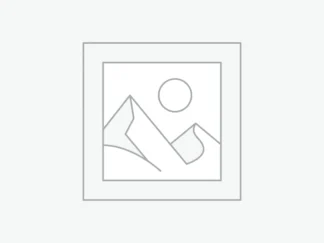Description
This paper investigates the complex social phenomenon of illicit alcohol abuse in Embakasi East, which is attributed to a combination of family and societal environment. The primary hypothesis is that family and social environment factors have a statistically significant influence on the high consumption of illicit alcohol. Using a quantitative research design with descriptive and correlational approaches, data were collected from 119 adults that illicit alcohol consumers through a structured survey. The analysis, which included an ANOVA model, revealed a significant relationship between both family and social environments and the frequency and quantity of illicit alcohol consumption. Key findings indicate that a worsening financial situation was the most significant family environment trigger (p=.001); while affordability and accessibility (p=.000and p=.002, respectively) and peer influence were found to be the most significant societal triggers. The affordability and accessibility of illicit alcohol outlets appear to correlate directly with the financial hardships experienced within families. The findings indicate that as the price of legal alcohol rises,consumption of cheaper illicit alcohol increases, highlighting the need for policies that consider the financial context of consumers alongside traditional enforcement measures.



Reviews
There are no reviews yet.